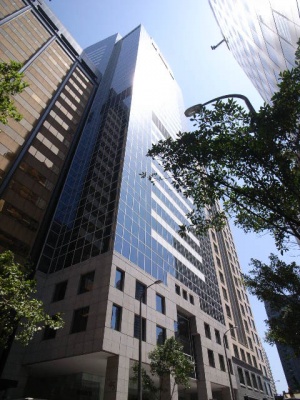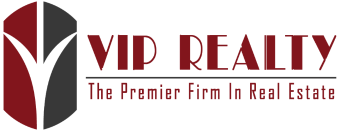For an entrepreneur running a business, a time may come when you will have to make the decision whether to buy or lease commercial property or space. 
It’s easy to plan for a car, vacation or education. But deciding which property type best suits your needs can present many challenges.
Here are some pros and cons for both buying and leasing a commercial property or space to help you make that choice.
1. The Pros of Buying
Extra Income: Ownership allows you to rent out unused space. The rental revenue can be reinvested in the business or help pay the mortgage.
Tax Advantages: The associated costs of owning and operating commercial property allows you to claim tax deductions. This includes interest on mortgage and property taxes.
Control: Ownership gives you the power and security to make decisions. You can change the internal layout of the property or build an extension that will add value to your investment.
Capital Growth: If the value of the land your property sits on appreciates, your likely to sell it at a profit. Real estate is a worthy investment during times of high inflation.
Financing: You can use a mortgage with monthly repayment amounts equal to those of a lease to finance a property purchase. Under amortization loan – as the owner, you accumulate equity in the property as mortgage principal is paid down.
2. The Cons of Buying
Lack of flexibility: Chances of outgrowing a property space will increase if your business returns are positive. Being locked in a mortgage may reduce your chances of moving. This will limit growth until you sell or find a bigger space.
Capital requirements: Most commercial property purchases require a down payment of 20-30%. Then there are the upfront costs that include appraisal and maintenance costs, conveyances fees and agent fees.
Agility: Incase your business dynamics change, you could be unable to move quickly and easily.
3. The Pros of Leasing
Location: Leasing allows you to occupy space at a prime or strategic location which could be unaffordable to buy.
Liquidity and Cash Resources: Leasing property requires less cash input than purchasing. This will free up more capital to invest in operating your business.
Flexibility: A lease’s expiration date can give you a timeline to forecast, and re-evaluate your property needs. You can plan ahead if you need to contract, expand or relocate. Tax Benefits: Lease occupancy costs are fully deductible. This can help shield your operating income from federal, state and local income taxes.
4. The Cons of Leasing
Limited Control: You have little or no say what the owner decides to do with their property. Forced business relocation can cause disruption, and lead to loss of goodwill.
Contractual Obligations: Incase the lease property becomes unsuitable or your business is unprofitable, you still have to pay rent. Your also subject to annual rent increments.
Loss of Salvage Value: In some lease agreements, certain improvements made by the tenant become property of the landlord at the end of the lease.
Expensive: An established business with easy access to capital could find leasing a more expensive alternative to ownership.
Before you decide to buy or lease commercial property, do an analysis of both options. This will help you determine what will work best for your business. Once you’ve made the decision, request a professional to assist you confirm the commercial terms of the contract or lease are favorable to you.
Posted by Richard Soto on
Leave A Comment